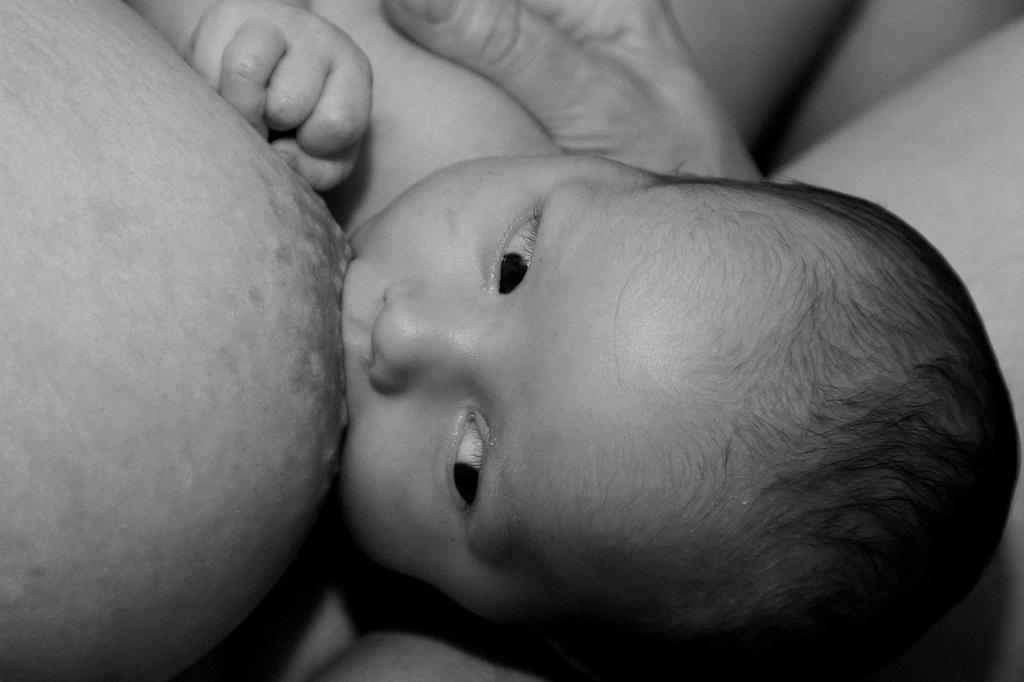As a parent, it is natural to be concerned when you notice your baby jerking while breastfeeding. It can be unsettling to witness such movements while trying to nourish your little one. However, it is essential to understand that this phenomenon is quite common among infants and usually does not indicate a serious issue.
When it comes to breastfeeding, many intricate processes are at play. Your baby’s ability to latch onto the breast and suck effectively involves a coordinated effort of various muscles in the mouth and face. These muscles, including the tongue, jaw, and lips, work together to extract milk from the breast.
During the early stages of breastfeeding, it is not uncommon for babies’ muscles to experience fatigue. This fatigue can manifest as trembling or jerking movements in the baby’s jaw or other facial muscles. These movements are usually temporary and tend to improve as the baby becomes more accustomed to breastfeeding.
It is essential to remember that breastfeeding is a learning process for both you and your baby. In the initial weeks, your baby is adjusting to the new experience of feeding at the breast. As they continue to breastfeed, their muscle coordination and strength will improve, reducing the likelihood of jerking or trembling movements.
Another factor that can contribute to baby jerking while breastfeeding is oversupply of milk or a fast flow. When the milk flows too quickly or abundantly, babies may struggle to keep up with the pace, leading to erratic movements or pulling away from the breast. This can be distressing for both the baby and the parent, but there are strategies to address this issue.
If you suspect that your baby’s jerking movements while breastfeeding are related to milk flow or oversupply, you can try various techniques to regulate the flow. One approach is to express a small amount of milk before feeding to reduce the force of the letdown. Additionally, adjusting your feeding position or using nursing pillows can help control the flow and make breastfeeding more manageable for your baby.
Moreover, paying attention to your baby’s feeding cues and allowing for breaks during the feeding session can also prevent excessive jerking or discomfort. Babies may jerk or pull away if they are overwhelmed by the flow of milk, so creating a calm and relaxed feeding environment is crucial for successful breastfeeding.
It is important to trust your instincts as a parent and seek guidance if you have concerns about your baby’s breastfeeding behavior. Consulting with a lactation consultant or healthcare provider can offer valuable insights and support to address any challenges you may encounter during the breastfeeding journey.
Remember that each baby is unique, and what works for one may not work for another. Be patient and flexible in your approach to breastfeeding, and give yourself and your baby time to adapt and establish a comfortable feeding routine. With patience, understanding, and support, you can navigate any obstacles that arise while nurturing your baby through breastfeeding.

